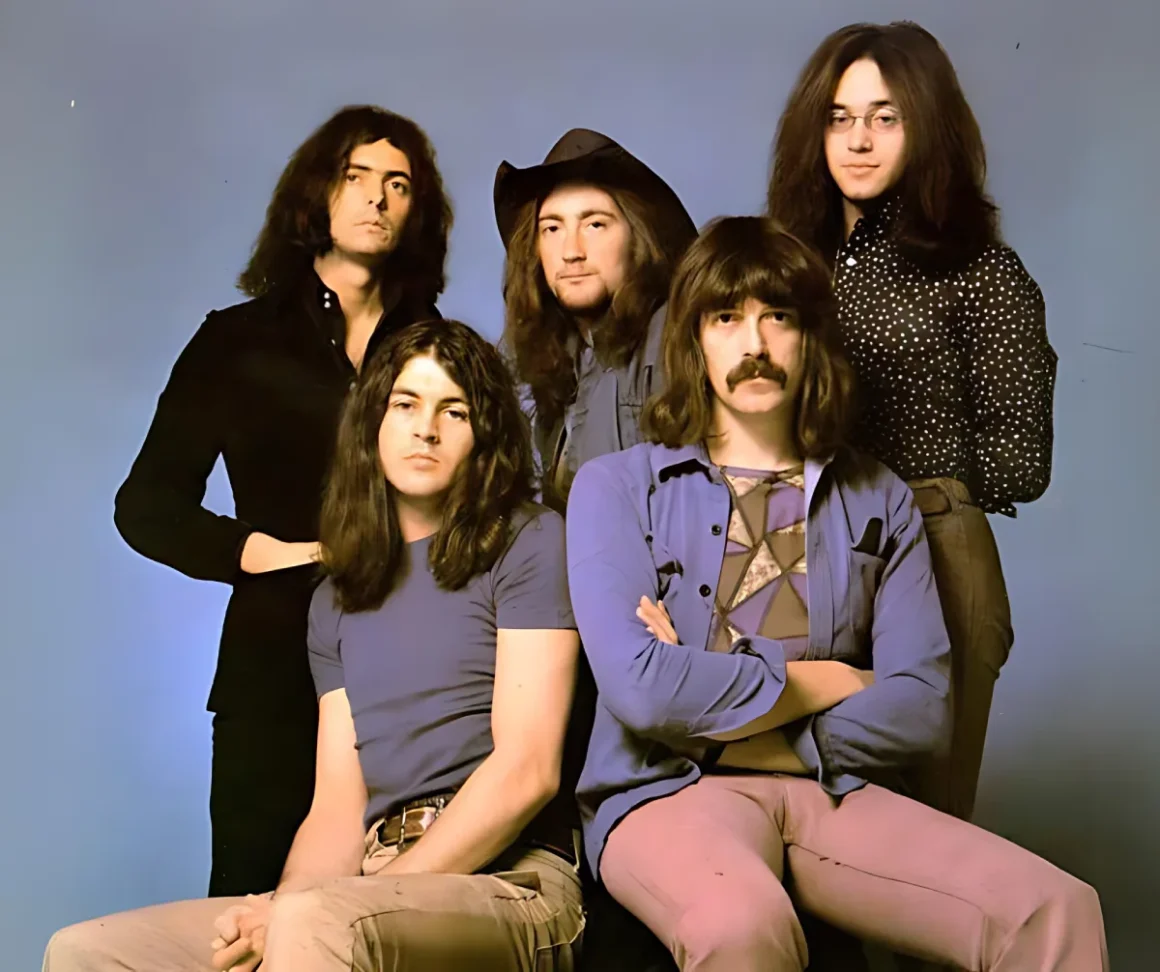Not everything in rock and roll aims for a polished sound.
Some of the greatest acts thrive on the raw and chaotic elements, and it often takes a true legend to transform those imperfections into something extraordinary.
Billie Joe Armstrong, for instance, initially recoiled at one of rock’s most iconic riffs, despite his talent for crafting countless tunes from simple chord progressions.
For anyone who’s picked up a guitar, certain riffs are essential learning. Among them, “Stairway to Heaven,” “Iron Man,” and most notably, “Smoke on the Water” reign supreme.
While Deep Purple was already a prominent name in British music, this particular song stands out for its simplicity in a genre known for complexity.
Just ask any Guitar Center employee—they’ll tell you how tired they are of hearing it.
Though “Smoke on the Water” consists of just four notes, it effectively sets the stage for Ian Gillan’s haunting lyrics about watching a venue on Lake Geneva burn down.
Before recording the track, Ritchie Blackmore had doubts about creating such a straightforward song.
He felt that after the expansive arrangements of their previous works, like “Speed King,” reducing their sound to something so basic felt like a step backward.
However, once they recorded it, they infused the track with a menacing tone unlike any other.
Blackmore’s guitar, layered with heavy reverb, creates a sound that feels as if it’s being played through mud.
Armstrong, while appreciating most rock songs, experienced a different reaction when he first heard “Smoke on the Water.”
He described it as “ugly” and not sounding quite right to him, prompting him to turn to artists like Chuck Berry instead.
Yet, as Armstrong eventually discovered, that very “ugliness” is what draws people to rock and roll.
Throughout the vibrant 1970s, many musicians sought to replicate that gritty sound, whether through Tony Iommi’s doomy riffs with Black Sabbath or the distortion-heavy tracks of shoegaze bands.
Although Armstrong initially reacted negatively to “Smoke on the Water,” there’s no shame in embracing music that feels raw.
In the grand scheme of rock history, “Smoke on the Water” laid the groundwork for future anthems, proving that sometimes the messiest sounds can pave the way for the most iconic tracks.







